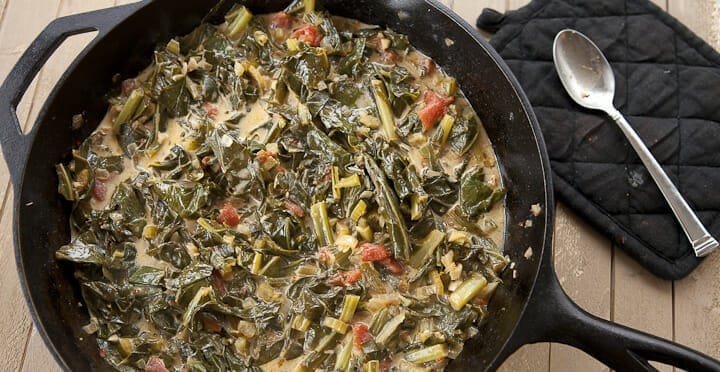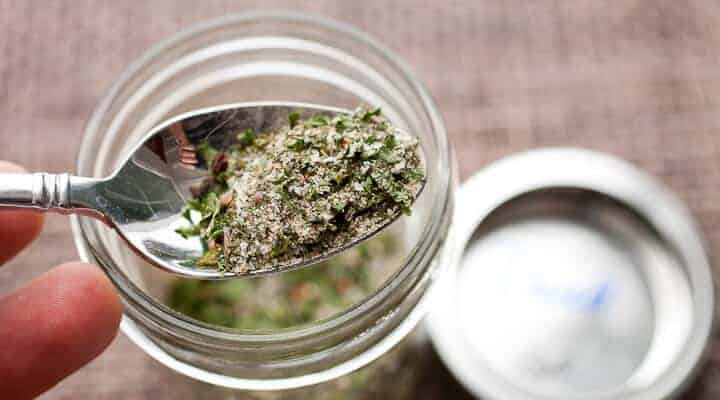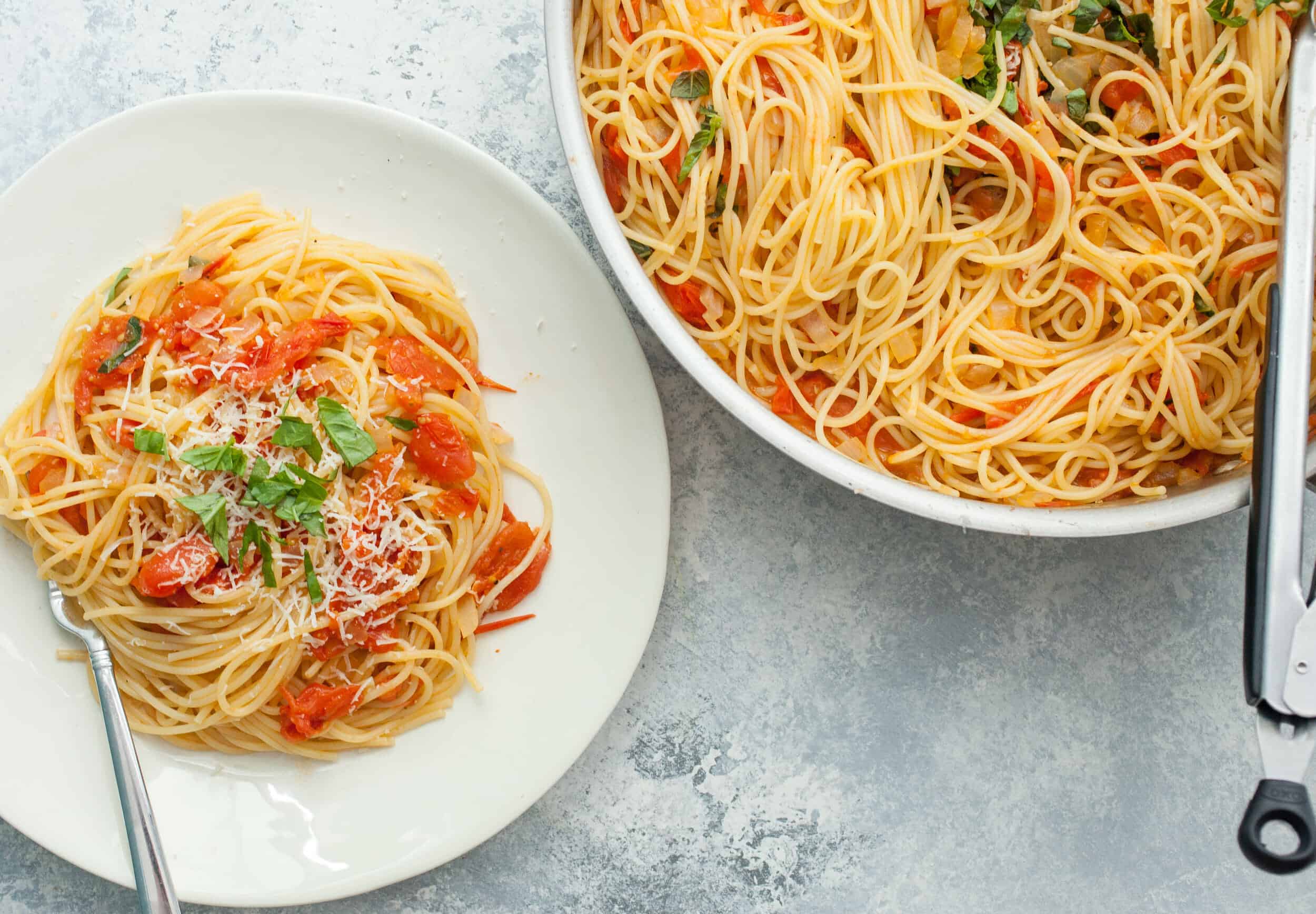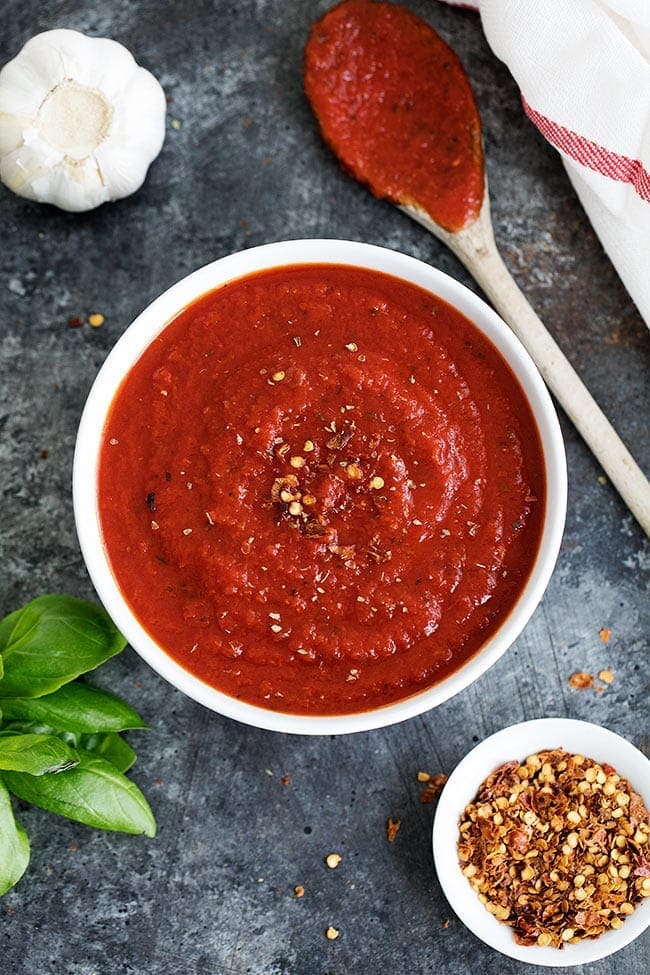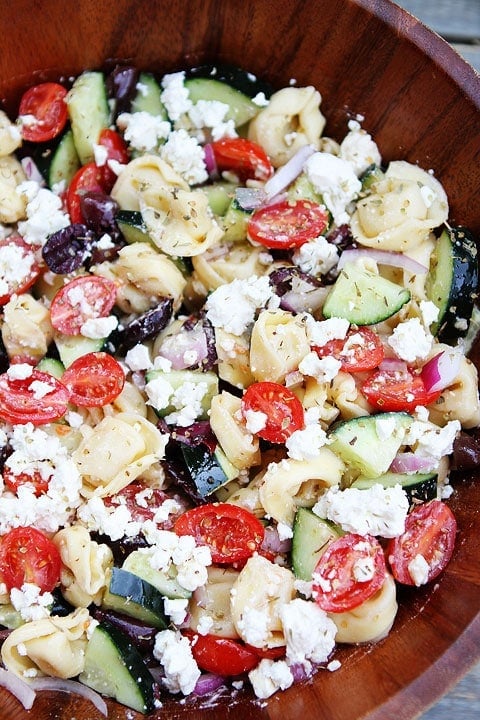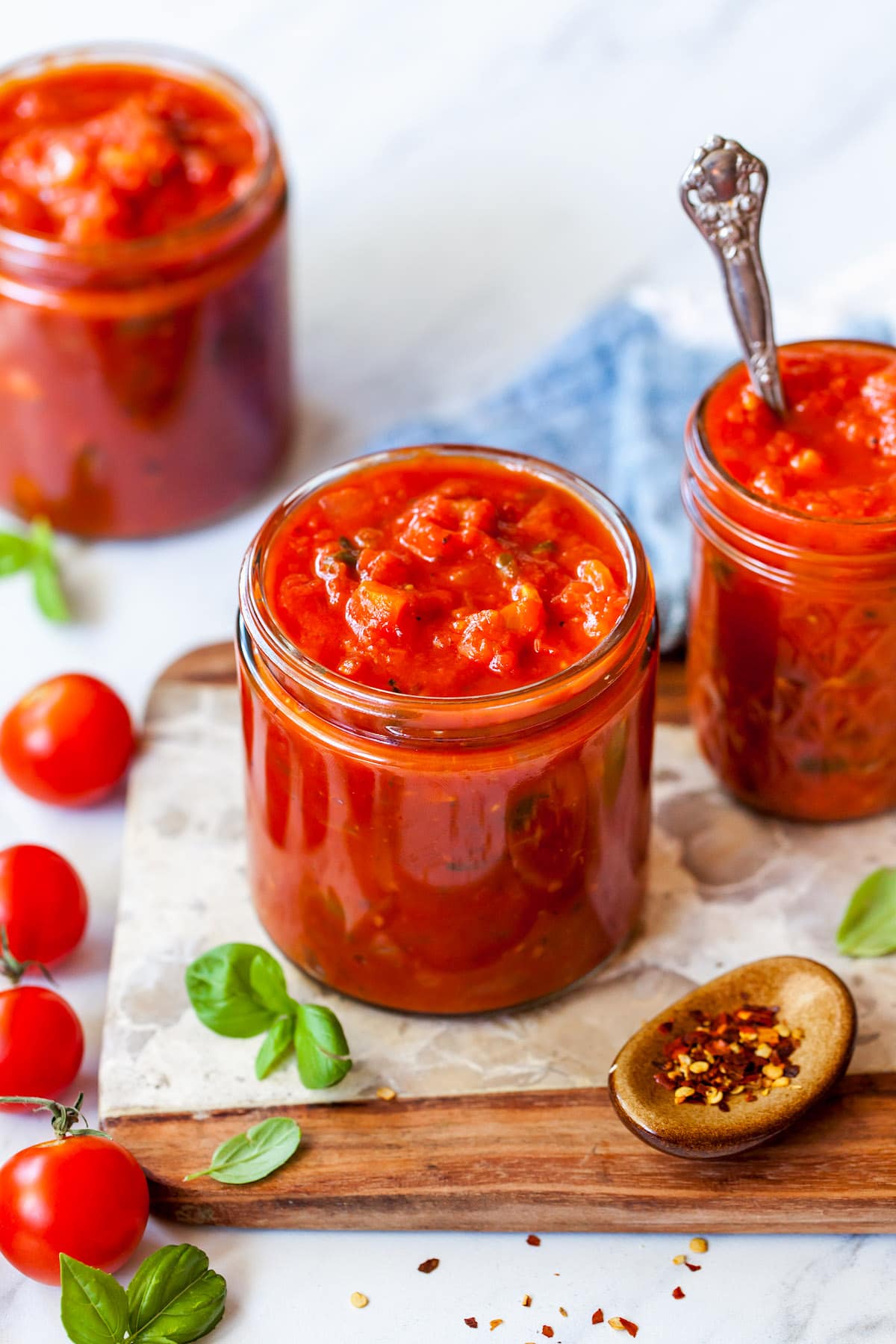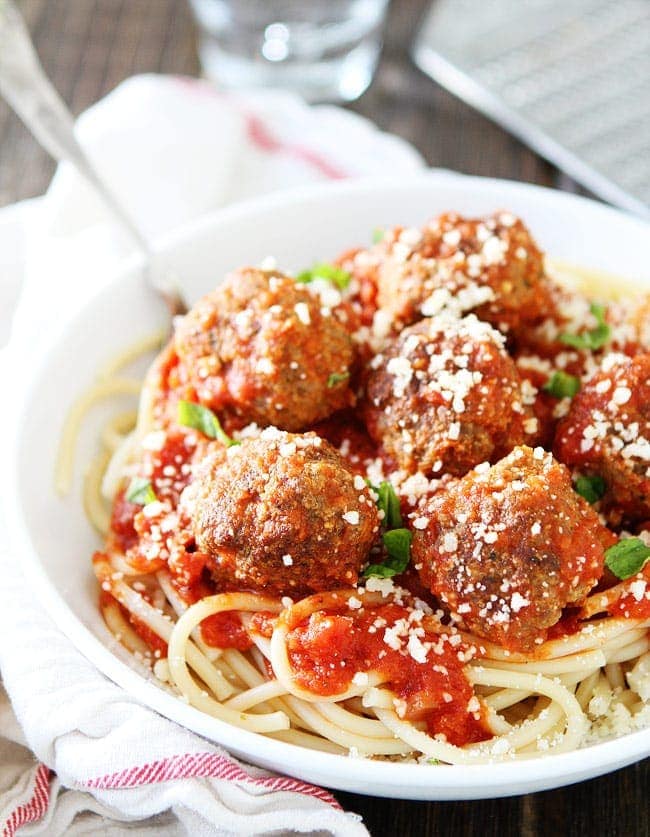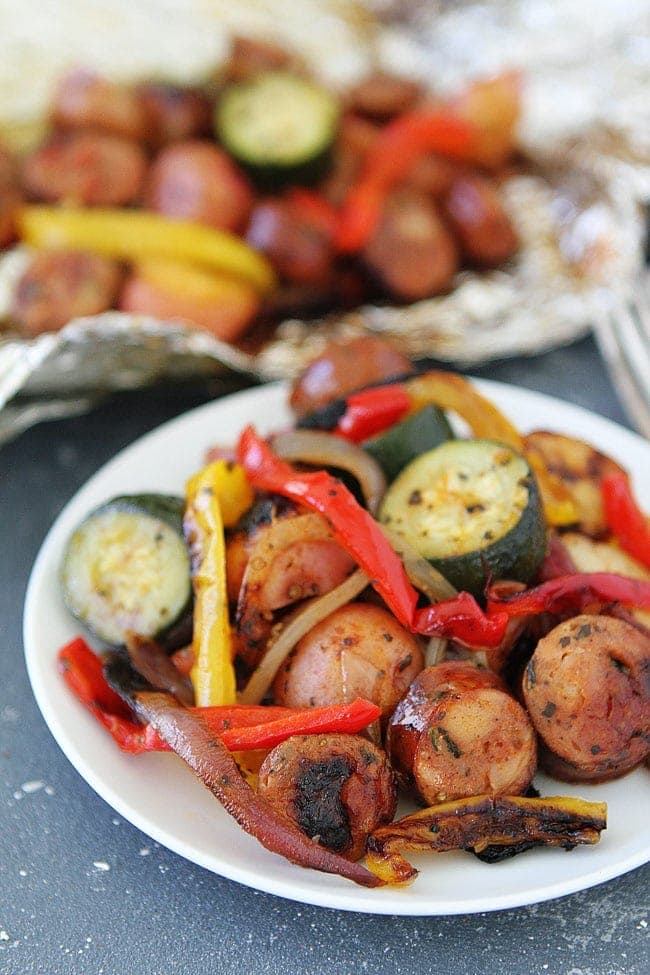Oregano: Important Facts, Health Benefits, and Recipes
Explore the health benefits, history, and culinary uses of oregano, a flavorful herb rich in vitamins and antioxidants, and learn how to store and incorporate it into various cuisines.
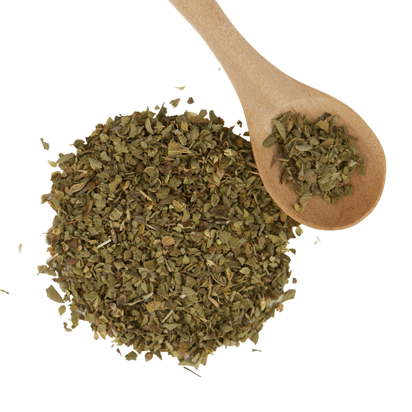
Best Oregano Recipes
-

-

-

-

-
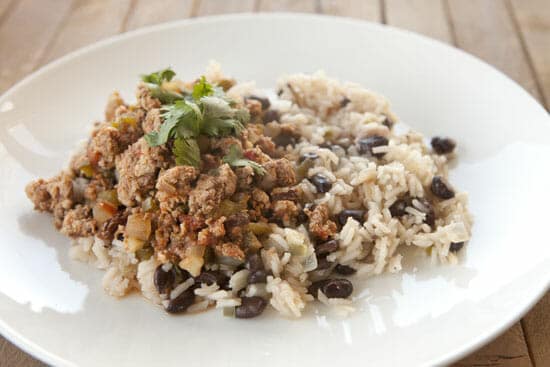
-
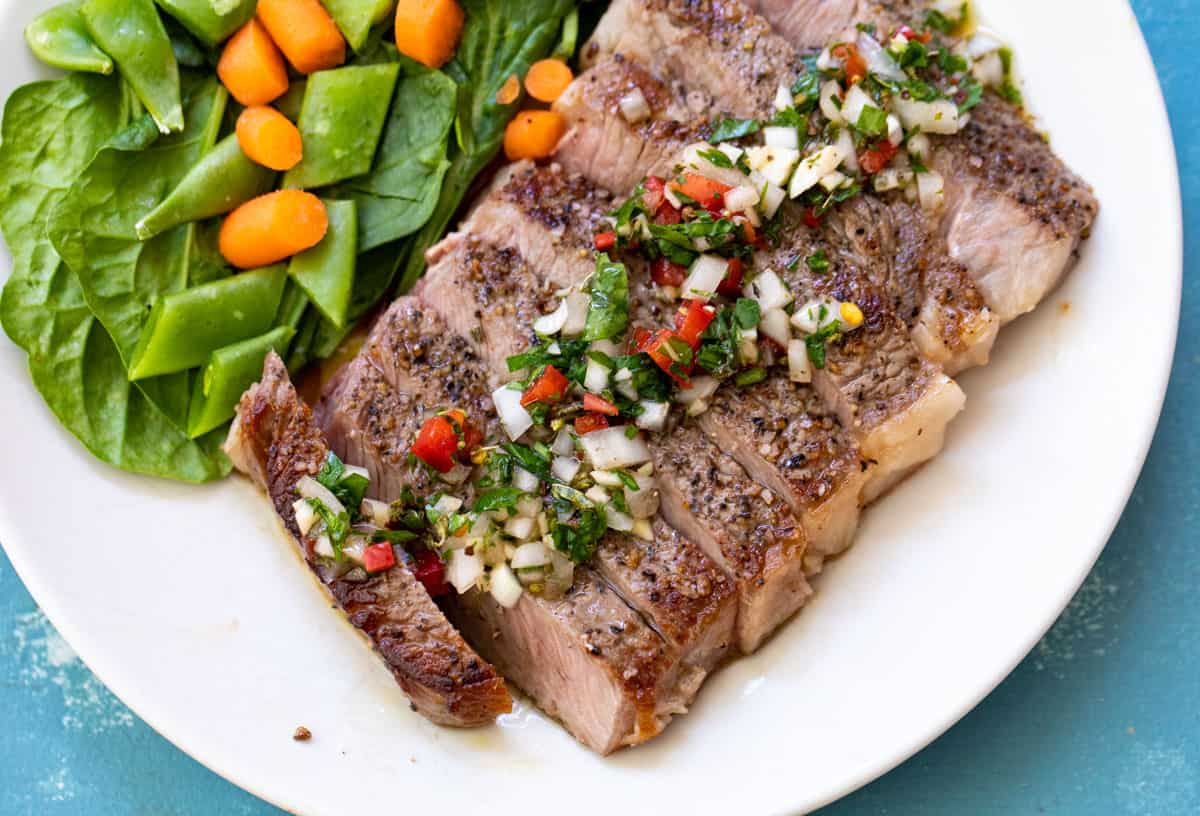
-

-

-
![Grilled Choripan Image]()
-
![Three Homemade Dry Rubs Image]()
-
![Braised Collard Greens Image]()
-
![Slow-Cooker Chicken Provencal Image]()
-
![Freezer Baked Ziti Image]()
-
![Spicy Black Bean Patties Image]()
-
![One Pot Cheeseburger Pasta Image]()
-
![Kidney Bean Soup Image]()
-
![Pepper Chicken Enchiladas Image]()
-
![Three Dry Salad Dressing Mixes Image]()
-
![Easy Chicken Sheet Pan Supper Image]()
-
![Three Chicken Wing Variations Image]()
-
![Five-Minute Ketchup, Mustard, and Mayo Image]()
-
![Carne Asada Hash Image]()
-
![Chili Gravy Enchiladas Image]()
-
![Tomato Red Wine Braised Meatballs Image]()
-
![Cherry Tomato Pasta Image]()
-
![Homemade Lasagna Image]()
-
![Easy Pizza Sauce Image]()
-
![Chopped Greek Salad Image]()
-
![Easy White Chicken Chili Image]()
-
![Spinach Artichoke Egg Casserole Image]()
-
![Chicken Fajitas Image]()
-
![Greek Chicken Bowls Image]()
-
![Grilled Steak Fajitas Image]()
-
![Shrimp Bowls with Coconut Cilantro Lime Rice and Pineapple Salsa Image]()
-
![Creamy Greek Pasta Salad Image]()
-
![Mediterranean Three Bean Quinoa Salad Image]()
-
![Grilled Chicken Fajita Kabobs Image]()
-
![Greek Tortellini Salad Image]()
-
![Mediterranean Zucchini Pasta Salad Image]()
-
![Easy Marinara Sauce Image]()
-
![Spaghetti and Meatballs Image]()
-
![Minestrone Soup Recipe Image]()
-
![Garlic Knots Image]()
-
![Black Bean Skillet Dinner Image]()
-
![Greek Panzanella Salad Image]()
-
![Grilled Steak Tacos Image]()
-
![Grilled Sausage and Vegetable Foil Packets Image]()
-
![Greek Stuffed Sweet Potatoes Image]()




